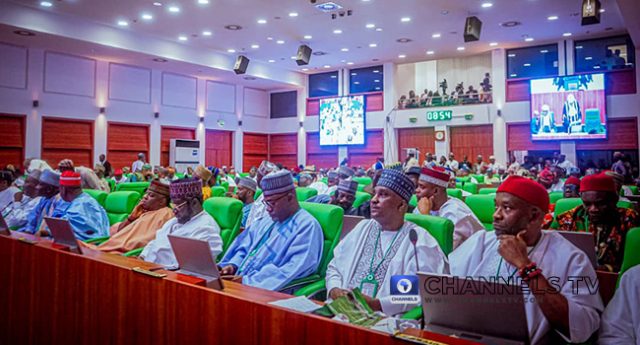The tender process by the health ministry started in early 2023. The process ran into procedural difficulty, and it was suspended by UNOPS openly and transparently and investigated.

The Minister of Health, Prof Ali Muhammad Pate, has revealed that its agreement with some local producers was reversed because there were issues with their compliance to the Memorandum of Understanding (MoU) that guides its project.
He made this known at a meeting called by the House of Representatives Committee on HIV/AIDS, Tuberculosis and Malaria to address the use of the $100 million loan agreement between Nigeria and the Islamic Development Bank meant to address the challenge of malaria in the country.
“The provisions for all commodities, drugs test kits would be channelled through UNOPS in particular, those that are going to be produced here should be bought here. For bed nets in specific terms, the original MOU was for the bed nets to be procured using national competitive bidding on the assumption that they were three local producers who were prequalified.
“Of the three only one was prequalified and that is the company in the country that was to be involved. The tender process started in early 2023. The process ran into procedural difficulty, and it was suspended by UNOPS openly and transparently and investigated. Consequently, the MOU was reversed because there were issues with this sole producer. An amendment was made to go for international competitive bidding and that revised MOU was signed by a member of the government,” he said.
He also revealed that the country still has a malaria challenge, and the Islamic Development Loan is a major effort that started four years ago as part of Nigeria’s effort to achieve malaria elimination.
He said, “It is a $100 million loan that was meant for five states, Bayelsa, Edo, Enugu, Kogi and FCT. The Federal Government signed and negotiated the loan and also state-level legal agreements with those five entities were constructed by the Islamic Development Bank though and the Ministry of Finance so that they are borrowing that money to implement the malaria programme.”
Confirming the Minister’s stance, the Director and Representative of the UNOPS, Ghana Multi-Country Office, Ifeoma Charles-Monwuba, said there was an anomaly with local contractors lacking capacity hence the need to terminate their agreement.
She said, “The agreement with UNOPS was signed in September 2022, however, there was a clause inserted that meant that if it did not become effective until December 2022 and by January 2023 we did a training for local vendors that were supposed to participate, we did a training for them and by February 2023 the tender launched.
“As the Minister said in evaluating particularly the bed nets, there were issues. For the antimalarial drugs, all the anti-medicines have been procured and all locally procured. All have undergone quality control testing and we have written to the national malaria programme to bring the distribution list so the local manufacturer can distribute that.
“So local manufacturing and procurement of medicine has been done. For the medicine not manufactured locally, it was agreed to be procured internationally. Shipments have started arriving. All the other products are already on track and it’s the bed nets that are the issue.”
